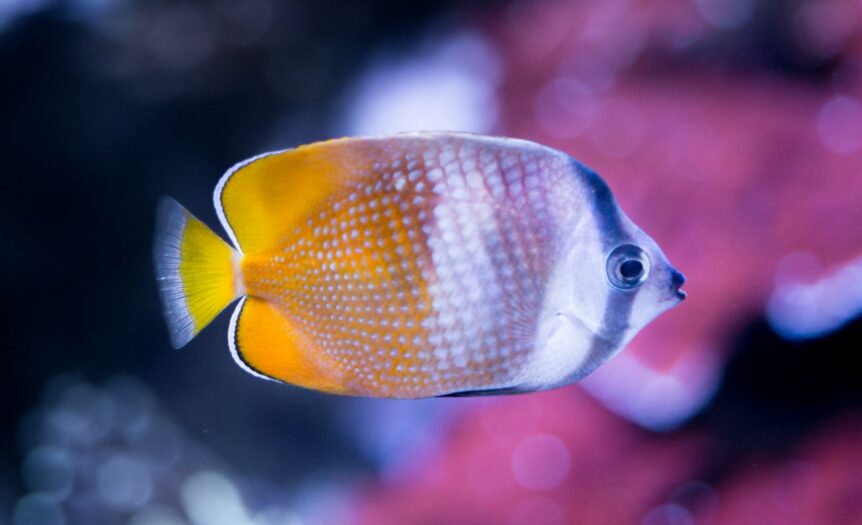How Long Do Betta Fish Live in a 2.5 Gallon Tank
Are you curious about the lifespan of betta fish in a 2.5 gallon tank? Wondering how you can extend their longevity? Well, let’s dive into these questions and find some answers.
When it comes to the lifespan of betta fish in a 2.5 gallon tank, it primarily depends on various factors such as water quality, diet, and overall care provided. On average, bettas can live for around 2 to 3 years in this size tank. However, with proper attention and maintenance, it is possible to extend their lifespan.
To ensure the well-being of your betta fish and promote a longer life, there are several key steps you can take. Firstly, maintaining optimal water conditions is crucial. Regularly testing the water parameters like temperature, pH levels, and ammonia content will help keep your fish healthy. Additionally, providing a balanced diet consisting of high-quality pellets or flakes specifically formulated for bettas will contribute to their overall health.
Ideal Tank Size for Betta Fish
When it comes to providing the best living conditions for your betta fish, choosing the right tank size is crucial. In this section, we’ll delve into the importance of proper tank size and explore factors to consider when making your decision. We’ll also provide recommended tank sizes for betta fish.
Importance of Proper Tank Size
The tank size plays a significant role in determining the overall well-being and lifespan of your betta fish. A small tank can restrict their movement and limit their access to essential resources, leading to stress, poor health, and a shorter lifespan. On the other hand, a suitable-sized tank provides ample space for exercise and exploration, allowing them to thrive.
In a 2.5 gallon tank, a betta fish can live comfortably if provided with optimal care. However, keep in mind that larger tanks offer more benefits as they mimic their natural habitat better. It’s worth considering upgrading to a bigger aquarium if you’re looking to enhance your betta’s quality of life.
Factors to Consider When Choosing a Tank Size
Several factors should guide your decision when selecting an ideal tank size for your betta fish:
- Swimming Space: Bettas are active swimmers and require enough room to move around freely without feeling cramped or stressed.
- Filtration System: Larger tanks accommodate more efficient filtration systems that help maintain water quality by removing waste products.
- Temperature Stability: Bigger volumes of water tend to have better temperature stability than smaller ones.
- Aquatic Decorations: If you plan on adding plants or decorations in your tank, consider how they will affect swimming space.
By considering these factors before deciding on a specific tank size, you can ensure that your betta fish has an environment conducive to its optimum health and longevity.

The Relationship Between Tank Size and Lifespan
When it comes to betta fish, providing them with the right tank size is crucial for their overall well-being and lifespan. In this section, we’ll explore the ideal tank size for betta fish, the impact of tank size on their lifespan, and some tips to extend their longevity in a smaller 2.5-gallon tank.
Ideal Tank Size for Betta Fish
Betta fish are known for their beauty and vibrant colors, but they also have specific habitat requirements that need to be met in order for them to thrive. While a 2.5-gallon tank may seem like an appropriate choice due to its compact size, it’s important to note that larger tanks provide a more suitable environment for these majestic creatures.
Ideally, betta fish should be housed in a tank that is at least 5 gallons in volume. This allows them ample space to swim around and explore their surroundings. Providing a larger living space not only promotes physical exercise but also helps maintain water quality by diluting toxins more effectively.
The Impact of Tank Size on Betta Fish Lifespan
Tank size plays a significant role in determining the lifespan of betta fish. In smaller tanks such as a 2.5-gallon setup, there are certain limitations that can affect their overall health and longevity.
Limited swimming space restricts their ability to exercise properly, which can lead to muscle degeneration and obesity-related health issues. Additionally, smaller tanks accumulate waste faster than larger ones, resulting in poor water quality if not maintained diligently. This can expose bettas to harmful levels of ammonia and other toxins that can negatively impact their immune system and overall well-being.








